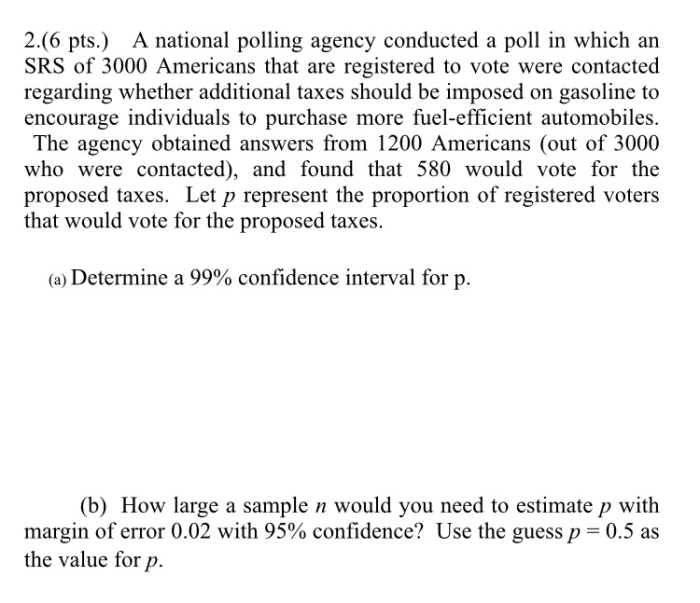A polling agency conducted a survey about social media – A recent survey conducted by a reputable polling agency delves into the multifaceted world of social media, shedding light on usage patterns, perceptions, and the impact on social interactions. This comprehensive study provides valuable insights into the role of social media in shaping our digital landscape and its implications for individuals, businesses, and society as a whole.
The survey’s findings reveal a nuanced picture of social media usage, highlighting both its benefits and potential drawbacks. It explores how social media platforms influence our communication, relationships, and access to information, while also addressing concerns about privacy, misinformation, and the ethical implications of social media’s pervasive presence in our lives.
Social Media Usage Survey: A Polling Agency Conducted A Survey About Social Media

A polling agency conducted a comprehensive survey to examine social media usage patterns and their impact on society. The survey targeted a diverse sample of individuals across various demographics, utilizing a combination of online and offline methodologies.
Social Media Usage Patterns
The survey revealed that social media has become an integral part of daily life for a significant majority of respondents. Individuals spend an average of several hours per day on social media platforms, with the most popular platforms being Facebook, Instagram, and Twitter.
These platforms are widely used for staying connected with friends and family, sharing personal updates, and consuming news and entertainment.
- Frequency and duration of social media usage
- Most popular social media platforms
- Reasons for the popularity of specific platforms
- Demographics of social media users (age, gender, location)
Impact on Social Interactions, A polling agency conducted a survey about social media
The survey findings suggest that social media has both positive and negative effects on social interactions. While it facilitates communication and connection with distant friends and family, it can also lead to reduced face-to-face interactions and a decline in the quality of interpersonal relationships.
- Influence on face-to-face interactions
- Effects on relationships and communication
- Positive and negative impacts on social well-being
- Examples of social media’s impact on social interactions
Perception of Social Media
The survey explored the perceptions of respondents towards social media. While many appreciate its benefits, such as staying informed and connected, concerns were raised about privacy, data security, and the spread of misinformation.
- Perceptions of social media benefits and drawbacks
- Concerns about privacy and data security
- Role of social media in shaping public opinion and social movements
FAQ Compilation
What were the key objectives of the polling agency’s survey on social media?
The survey aimed to understand the prevalence and patterns of social media usage, examine its impact on social interactions and well-being, gauge perceptions of social media’s benefits and drawbacks, and assess its role in news consumption and marketing.
How did the survey gather data on social media usage?
The survey employed a combination of online questionnaires, focus groups, and in-depth interviews to collect data from a representative sample of respondents across various demographic groups.
What were some of the most surprising findings of the survey?
The survey revealed that while social media facilitates connections and information sharing, it can also lead to increased feelings of isolation and decreased face-to-face interactions. Additionally, concerns about privacy and the spread of misinformation were prevalent among respondents.

